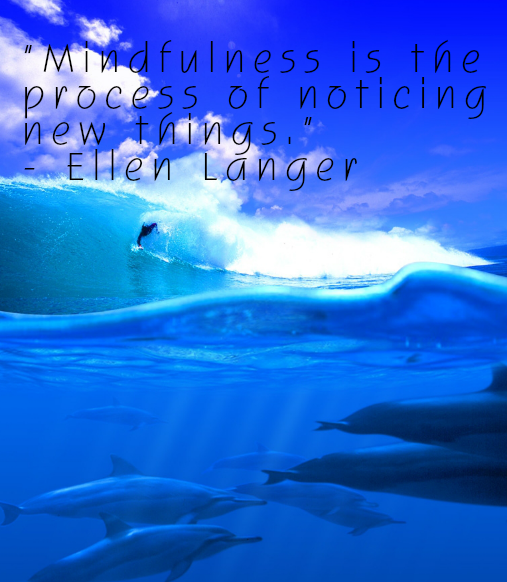2014 Executive Coaching Survey: Neuroscience Soars

Interest in neuroscience as a part of business, executive, and life coaching is soaring. Sherpa Coaching just released the results of their 2014 annual executive coaching survey, and noticing a trend toward neuroscience in coaching, they for the first time, asked questions about neuroscience and coaching in their survey:
-
Should neuroscience have a role in coaching?
-
How much should executive coaches know about neuroscience?
-
How much should clients know about neuroscience?
-
Does a working knowledge of neuroscience alter coaches' credibility?
Sherpa defines neuroscience as "a combination of medicine, applied science and research that explains human behavior and the way it changes."
I'd define it differently: Neuroscience studies what goes on in the brain during thoughts, behaviors and emotions, often using technology, such as EEGs, PET scans, or fMRIs. It discovers the physical correlates that underly human psychology.
"Justin Kennedy, professor of neuroscience at South Africa‟s University of Pretoria, says: 'With the proper knowledge and training, you can use your conscious mind to change your physical brain. Really change it, so the way you think, the way you act, the way you feel can all be made better.' He tells us about neuroplasticity, which refers to the brain‟s ability to change and adapt. 'You really are in control, and you really do have choices. When you think new thoughts, you are actually changing the geography of your brain, changing the electric patterns that create and carry thoughts, changing the chemicals that control moods and energy levels.'
- 76% of executive coaches say that neuroscience should have a role in executive coaching.
- 62% of executive coaches believe they and their peers should have a full understanding or at least a working knowledge of neuroscience. Both internal and external coaches agree. Female coaches support this notion more often than male coaches do, by about a 10% margin.
- 34% say their clients should have a full understanding or at least a working knowledge of neuroscience. Internal coaches favor this at a slightly higher rate than external coaches do.
- 49% say a background in neuroscience improves a coaches‟ credibility. Less than 10% feel it is a negative.
School of Coaching Mastery recently launched its new Introduction to Coaching with Neuroscience course in response to the rise in coaching with neuroscience. It's part of the new Certified Positive Psychology Coach Program. We explore the thrilling possibilities of coach-assisted neuroplasiticity and the underlying reasons why positive psychology has the power to help people be happier and more successful - often in very surprising ways.
Learn more about coaching with neuroscience and positive psychology:




